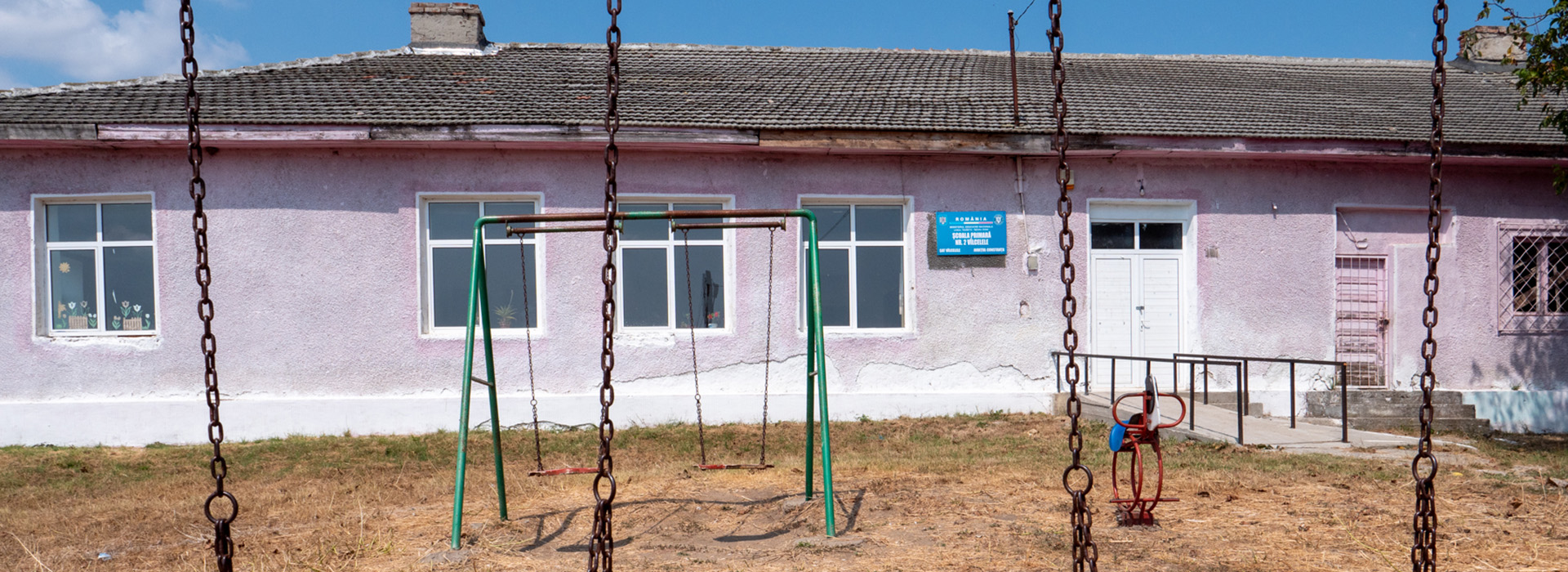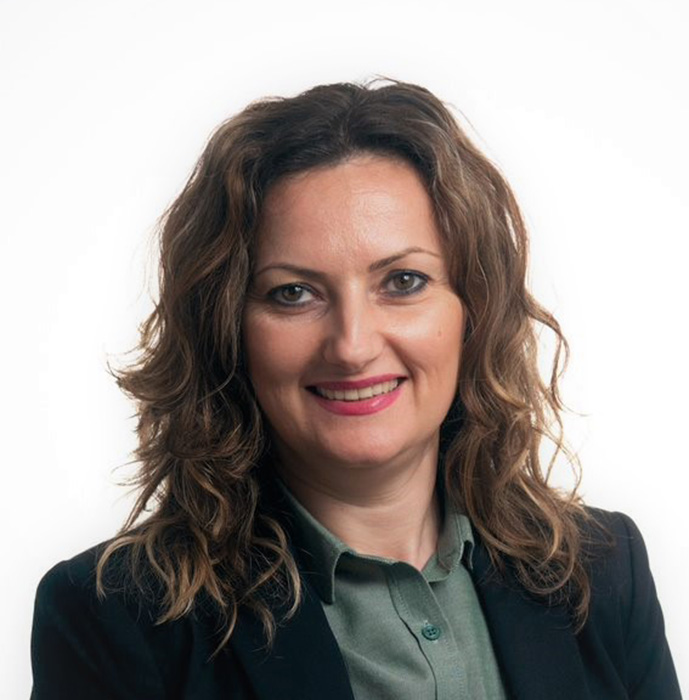Has there been any prior connection between Schunk and the school in Vâlcelele?
Silvia Negoita: There has been no connection between Schunk and the school in Vâlcelele before. The site of Schunk is located in the metropolitan area of Romania’s capital Bucharest, which is some 250 kilometers away.
How do you plan to help the school children in Vâlcelele?
Silvia Negoita: We want to increase education opportunities for the school children, prevent them from school dropout and in a long run want to ensure their social integration. So we want to make it possible for them to visit the school in Darabani. This village is only four kilometers away, but it’s bigger than Vâlcelele. Its school is in much better condition, it has 41 school children and two teachers. There’s already a bus commuting from Vâlcelele to Darabani. At the moment, the school in Darabani does not have the capacities to accommodate the children from Vâlcelele. But it has two former classrooms that are currently used as storage rooms. Our plan is to help renovating these two rooms: changing the doors, painting the walls, replacing the existing flooring, equipping it with new furniture, printers and computers for the school usage. Depending on the amount of money that can be obtained, we will make a list of necessities and analyze the priorities.
Why does the state not provide sufficient equipment for the school in Vâlcelele?
Silvia Negoita: It is difficult to answer this question. Unfortunately, the state generally allocates funds to schools in large cities, for smaller cities and villages with smaller number of inhabitants the funds are often not enough. This is especially true for Vâlcelele with its old and tiny school. We want to help the children quickly.
How much money is expected to be needed for the project?
Silvia Negoita: We estimate costs of approximately 20,000 euros.
How is the project received by the colleagues of Schunk Romania?
Silvia Negoita: Over time the colleagues from Schunk Romania have shown their willingness to support charitable activities. We have colleagues who are open to such activities and want to support the project for the school children of Vâlcelele. And they are proud that corporate social responsibility is important to Schunk, as the donation to those affected by the recent flood in Germany has shown.






Subscribe to blog: